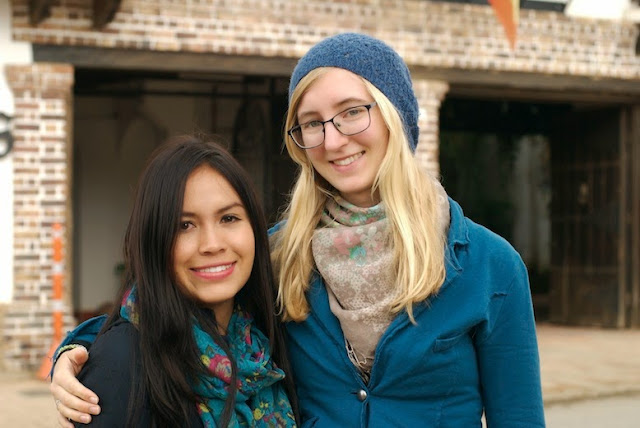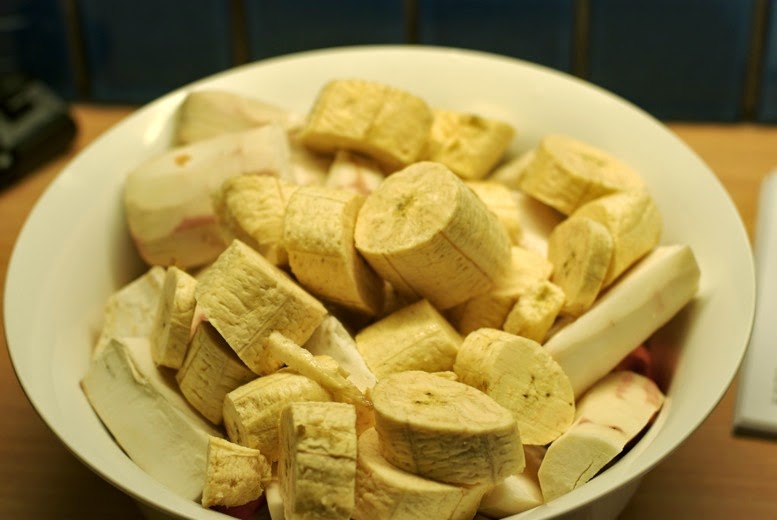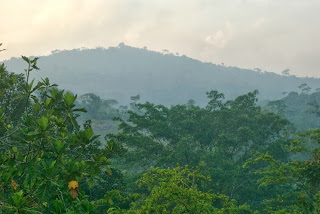And then, more about this place I mentioned weeks ago.
One Sunday in May, after the longest bus ride in history, one night of sleeping in a parking lot, one night of sleeping three in one bed, and plenty of long meetings, we walked three hours into the woods and up the mountains in this beautiful natural reserve of
Bosawás, to the village of Musawas, where the indigenous Mayangna live. We were supposed to have a meeting with the village, or with one board, or with another, and we spent two hours listening to them discussing in Mayangna about whether we were allowed to have a meeting, and with whom, and why we were even there.
They said they are now sceptical of people coming from outside to "help", because they have several experiences with those who come, appropriate their culture, and run back home to earn money off what they've learnt.
We ended up taking the meeting outside, because apparently our previous agreement wasn't official enough to have a village meeting in the village hall. We split into two groups: one sat around members from the Territorial government, the other around those from the local council (unless I am confusing all these councils again). I was with the territorial government.
Both groups could tell us that yes, they had problems. Mestizoes from the west and south were moving into the reserve, cutting down far too much wood, working for profit rather than survival, and not respecting that it was a reserve, that the indigenous people had the right to use the forest as they had traditionally, but noone else should come and ruin nature. The territorial government people were quick to point out though, that they had done something to prevent it. That the state was completely on their side, all they needed was a little time and these migrants would be kicked out. No problems here. - "But we heard there was an assassination of the past president for the territorial government?" - "NO. Accident. Accident, it was."
Certainly. The people in the other group said clearly that the former president had been killed. Two very different versions. They were also clear about the fact that they do actually have problems, people are still cutting down rain forest, and it's not going to go away just like that. I'm sadly going to believe the most pessimistic view of this last group, which some of the girls got to hear while the rest of us were sat discussing problems with people who claimed not to have any.


















































